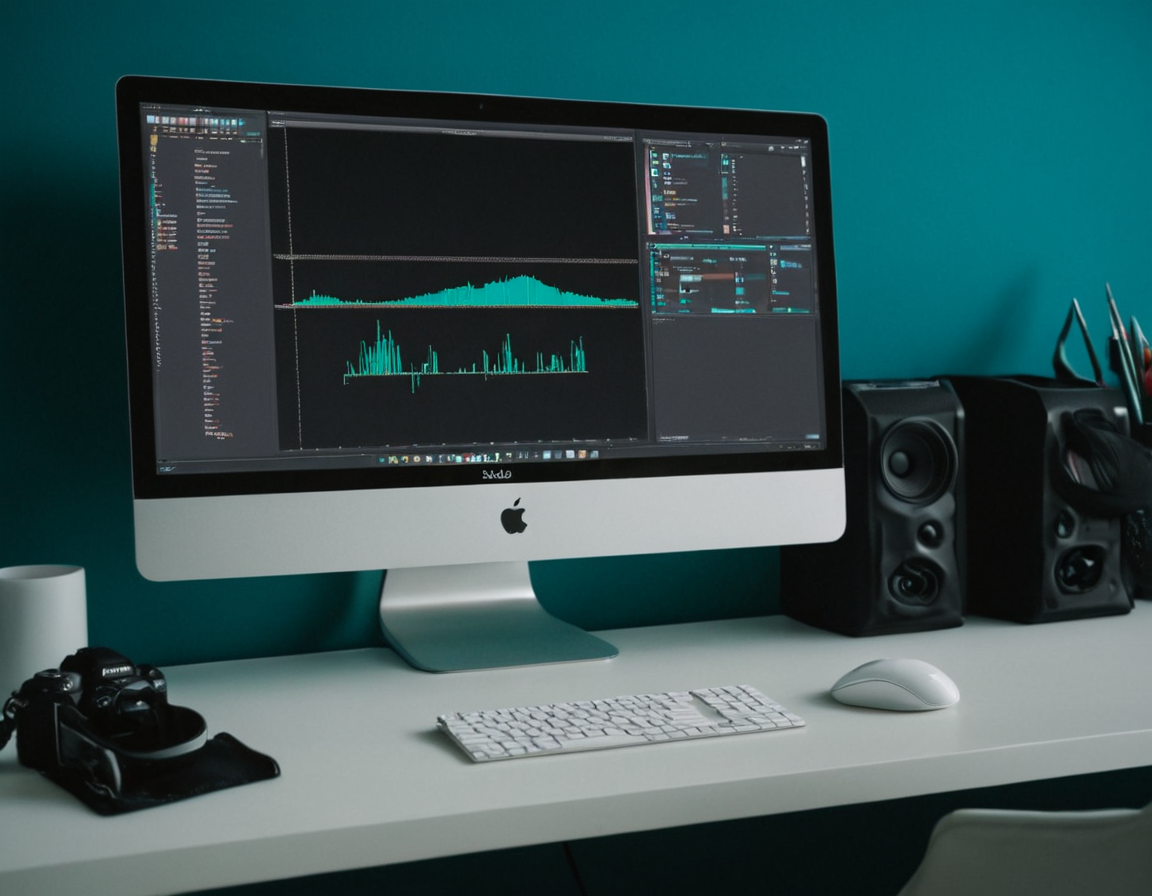AI Editing Free Tools Transform Creative Industry

The Future of Editing: How AI-Powered Free Photo Editors Are Revolutionizing Creative Industries
Introduction
The world of creative industries has undergone a significant transformation with the advent of AI-powered free photo editors. These tools have not only democratized access to professional-grade editing but have also raised questions about the future of work and the role of human creatives in the industry.
In this blog post, we will delve into the world of AI-powered photo editing, exploring its current state, benefits, and challenges. We will also examine the impact on traditional industries and discuss potential solutions for those affected by automation.
The Rise of AI-Powered Photo Editing
AI-powered photo editors have been gaining traction over the past few years, particularly with the emergence of deep learning-based algorithms. These tools can now perform tasks that were previously the exclusive domain of human professionals, such as portrait retouching, object removal, and even entire image generation.
One of the most notable examples of AI-powered photo editing is the use of generative adversarial networks (GANs). GANs consist of two neural networks: a generator and a discriminator. The generator creates images based on a given prompt or input, while the discriminator evaluates the generated images and provides feedback to improve them.
However, the rise of AI-powered photo editing has also raised concerns about the authenticity and ownership of edited images. With the ability to create convincing fake images, the line between reality and fantasy becomes increasingly blurred.
Benefits and Challenges
While AI-powered photo editing offers numerous benefits, it also comes with significant challenges.
Benefits:
- Democratization of access to professional-grade editing
- Increased efficiency and productivity
- Improved image quality
Challenges:
- Job displacement and economic disruption in traditional industries
- Concerns about authenticity and ownership of edited images
- Potential for misuse and exploitation
Impact on Traditional Industries
The rise of AI-powered photo editing has significant implications for traditional industries such as advertising, fashion, and entertainment.
- Advertising agencies will need to adapt to new workflows and tools that can automate tasks previously performed by human creatives.
- Fashion brands will need to reassess their approach to product photography, considering the potential use of AI-generated images.
- Entertainment companies will need to navigate the complex issue of authenticity and ownership in a world where AI-generated content is increasingly prevalent.
Conclusion
The future of editing is rapidly evolving, with AI-powered free photo editors poised to revolutionize creative industries. While there are benefits to be gained from increased efficiency and productivity, there are also significant challenges that need to be addressed.
As we move forward, it’s essential to prioritize education and re-skilling programs for those affected by automation. We must also establish clear guidelines and regulations around the use of AI-generated content to protect intellectual property and maintain the integrity of our creative industries.
The question remains: how will you adapt to this new landscape? Will you embrace the opportunities presented by AI-powered photo editing, or will you seek to preserve traditional workflows? The choice is yours.
Tags
ai-photo-editing creative-industry-future free-photo-editor professional-grade-access human-role-impact
About Valentina Torres
As a seasoned editor at gophotos.com, I help creators harness the power of AI and smart photography tools to elevate their visual content. With a passion for innovative storytelling, I've worked closely with artists and brands to bring their unique visions to life – from editing to generation, I'm always excited to explore the latest visual possibilities.
